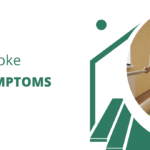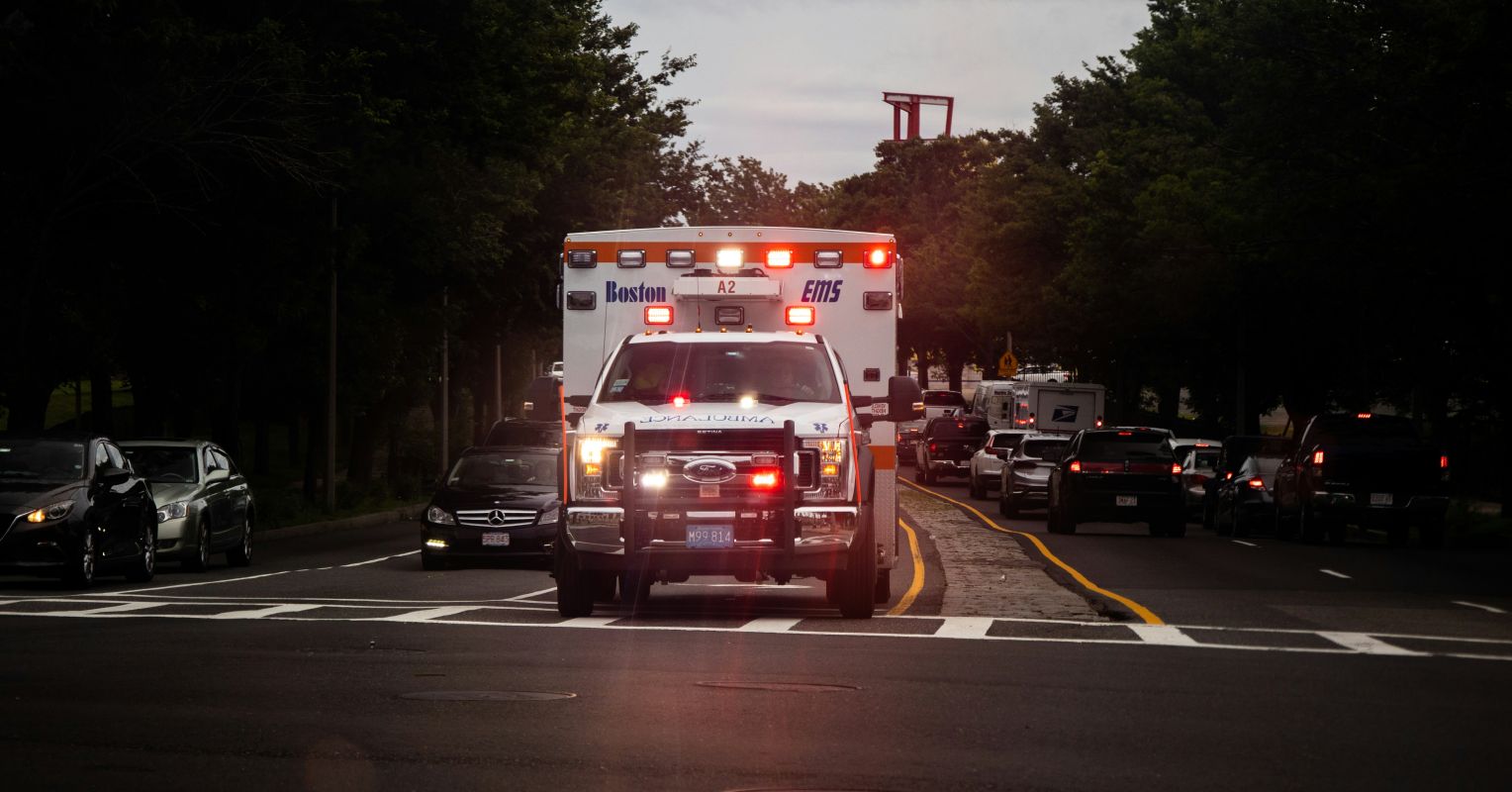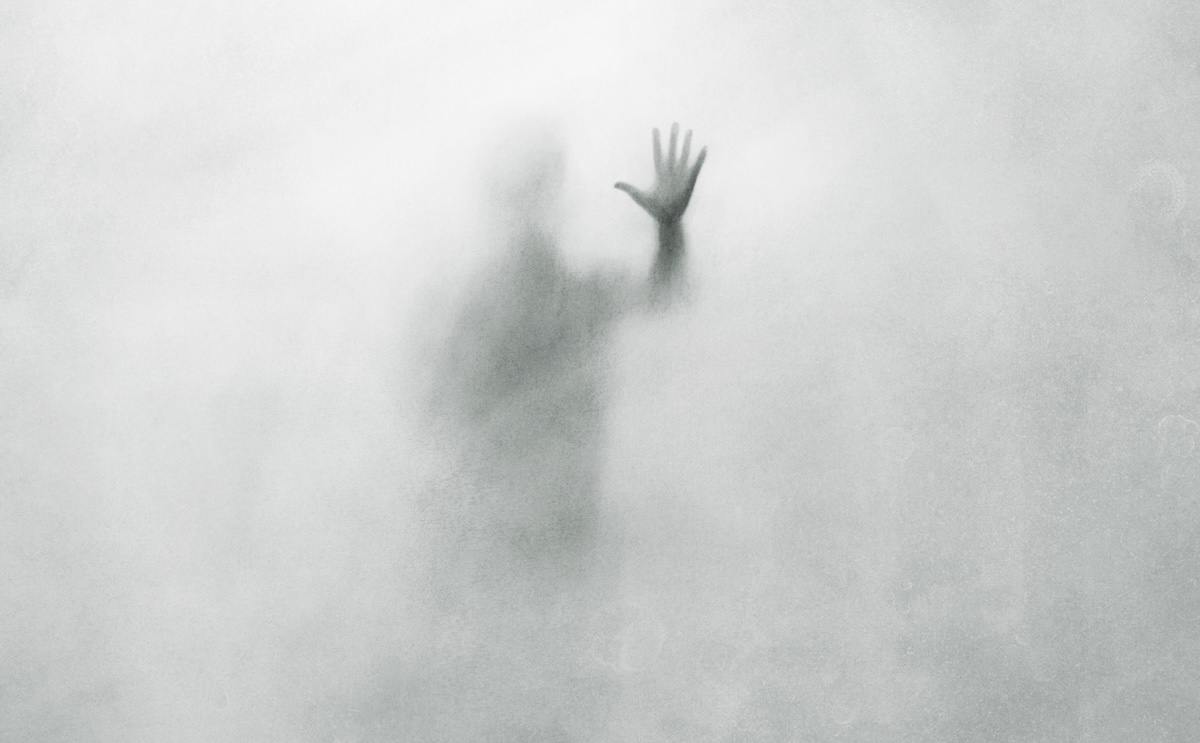I read Arash Emamzadeh’s recent Psychology Today post “The Deadly Truth About Broken Heart Syndrome in Men” with interest.
I am not a man, However, over the July 4 weekend, I was hospitalized in Manhattan with takotsubo cardiomyopathy. On the Wednesday before the holiday weekend, while walking from Grand Central Station to my office, I needed to stop and catch my breath every half-block. I made it to the deli two doors away from my office where I pick up my breakfast. I sat down at one of the tables and I could not get up. I was too dizzy, my chest hurt, I was nauseous, and I had broken out into a cold sweat. The owner asked me if he should call 911 and I waved him off, still believing I would be able to make it up to my office. Finally, I realized I wasn’t going anywhere, and I dialed 911.
The paramedics were there in minutes and in the back of the ambulance they tried to start an IV and I think they did an EKG because one of them said, “It looks like you’re having a heart attack.” We took off lights and sirens to the closest hospital. Just like in the movies, a doctor was waiting in the ambulance bay, and I was quickly wheeled into a room where there were about 15 people waiting. Some of them started to take off my clothes and my jewelry, some of worked to start IV lines, a couple were talking to me explaining what was happening. One doctor reiterated what the EMT had said — that it looked like I was having a heart attack, and they were going to take me up to the cardiac catheterization lab where they expected to find one or more blockages in my heart.
I kept saying I have to call my work, and one doctor said he thought they would understand. My phone rang and they brought it to me. I told my co-worker I was at the hospital, and they thought I was having a heart attack. My 9 AM patient was waiting for me, and I said to tell him I was sorry.
A bunch of people started to wheel my stretcher to the cath lab and it was a long ride. Once there, a nurse shaved my wrist and groin, but the doctor ended up going in through my wrist. I was sedated so I wasn’t too aware of what was happening. Afterward, in recovery, I asked the nurse if I’d had a heart attack and she said no, my arteries were clear so they had diagnosed me with takotsubo cardiomyopathy and told me the doctor would explain it to me further.
I spent four days in the hospital as my blood pressure ran very low and they kept giving me fluids to bring it up. I continued to be lightheaded and they wanted to make sure my blood pressure was at least in the low normal range, and that I could move around without falling. An echocardiogram showed the ballooning of the heart and that it was struggling to pump effectively.
What didn’t make sense was that I hadn’t endured any significant stress prior to this happening nor was there any single stressful event that I could point to.
According to a report in the New England Journal of Medicine, “Since its first description in Japan in 1990,1 takotsubo (stress) cardiomyopathy has gained worldwide recognition. However, after nearly 25 years of extensive efforts toward a better understanding of this disorder, current knowledge remains limited. The disease is characterized by transient systolic and diastolic left ventricular dysfunction with a variety of wall-motion abnormalities. It predominantly affects elderly women and is often preceded by an emotional or physical trigger, but the condition has also been reported with no evident trigger.”
In fact, the week before this happened, I had been on vacation and had attended a Summer Writers’ Week at a small private college near where I live, and I had an incredible time. My idea of a perfect vacation. I had returned to work refreshed and renewed, and full of energy and passion for my own writing. So, none of this made sense.
At work, there had been talk of a promotion and moving into a leadership position. The company is growing and from what I heard there are a lot of new hires starting in September. I am deliriously happy at this clinic, more so than I’ve ever been at any job I’ve had as a social worker. I feel supported by upper management, valued and respected as a clinician, and the compensation is more than fair.
I felt as though my body was betraying me, only this time the stakes were higher. I know from my work with my former psychiatrist, Dr. Lev, that when things are going well, I tend to self-sabotage.
Could I be feeling subconsciously that my life is going so well that for some reason, I don’t deserve all the good things that are coming my way? Could my feelings be so strong as to contribute to the mechanism that caused the takotsubo cardiomyopathy?
A published review of psychiatric illness in Takotsubo (Stress) cardiomyopathyn reports, “increased age and female sex are known risk factors for certain psychiatric illnesses, such as depression, and TC is most classically described among postmenopausal women. Nevertheless, even when controlling for age and sex, there is a higher burden of pre-existing psychiatric comorbidity in TC patients compared to controls with acute coronary syndrome.”
Personal Perspectives Essential Reads
I have pre-existing psychiatric comorbidity with my long-standing diagnoses of anorexia, major depressive disorder with psychotic features, and borderline personality disorder. Even though I don’t meet the criteria for any of these conditions currently and I’m thriving in my work and personal life.
Ideally, I would be able return to therapy with Dr. Lev for the short term to figure how this all ties together because she knows me so well. That is not an option right now. I think the prudent course of action to take would be to find a therapist (who takes my insurance) to help me figure out why I feel so undeserving of good things happening in my life. Before those feelings kill me.
To find a therapist, visit the Psychology Today Therapy Directory.









